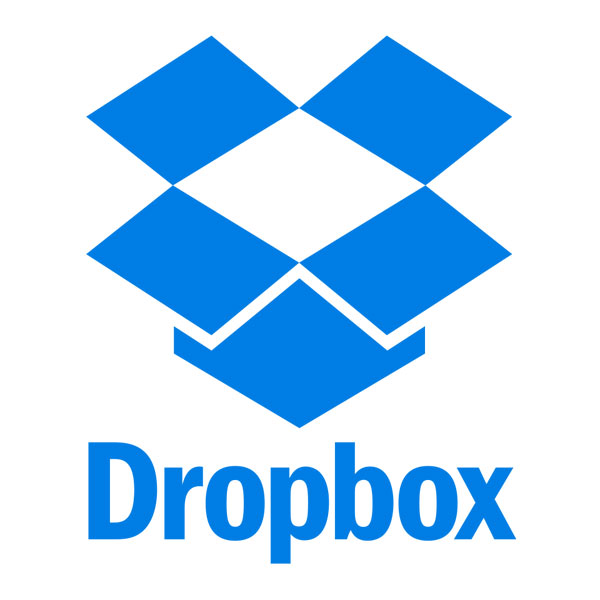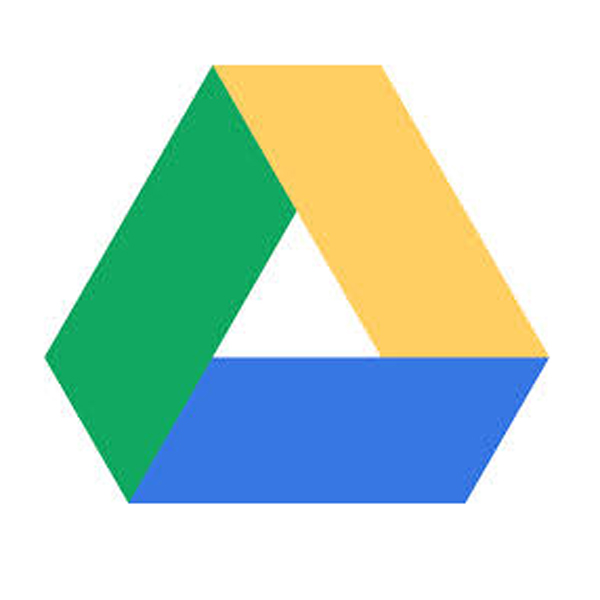Cloud Storage Providers: Comparison Of Features And Prices
Comparison Guide To Cloud Storage Providers
Why you can trust Tom's Hardware
Over the past 20 years, ubiquitous document access has become increasingly critical as digital portfolios have grown to span family, financial, work and school activities. At the same time, concerns about maintaining data safety and security have also escalated. Early services like FTP and peer-to-peer sharing remain popular, but predominantly with more technical users.
Today’s cloud storage provides simple file sharing, but also extends personal workstation file space, integrates document editing, includes real-time backup and document workflow. These services are cheap, fast, easy to use and require very little up front or long-term end user investment. The most time-consuming tasks, notably large backup and restore, can be automated or occur behind the scenes.
Editor’s Note: Use the questionnaire below to have our sister site, BuyerZone, provide you with information from a variety of vendors for free:
The leaders include pure-play vendors Box, Dropbox and Google, and the two-walled garden approaches from Apple and Microsoft. The latter fall into this category because they offer cloud storage as a byproduct of a more robust offering – Apple began with a device backup service, and Microsoft uses OneDrive as the foundation to Office 365. While Google Drive evolved from Google Docs (and still provides rich document editing), it can be more easily evaluated on its pure storage merits.
Among the offerings there is parity in features, functionality, security and price, but we aim to show where they differ.
What am I getting out of it?
From a practical storage perspective, these services offer a token amount of free space, with upgrades ranging up to paid plans for unlimited storage. For services promoting unlimited storage, limitations occur around file sizes. For example, Box Enterprise caps files at 5GB, whereas Google Drive has a very generous 1TB maximum. Note that “free” is a relative term – to open a free iCloud account, users must have an Apple iOS or Mac OS device.
Google’s top tier of $3600/year for 30TB of anywhere storage is not a lot of money. Personal plans ranging from $100-300/year are extremely reasonable for people interested in backing up computers; sharing files with colleagues, family members and classmates; and using cloud storage to support a small business.
The open (pure-play) cloud storage services allow storing any type, style, and kind of file. All services use Web browser interfaces by default (to create, upload and view files), and all have varying degrees of viewers. Google allows users to preview over 20 file types, Box has a high-fidelity mobile engine and Microsoft allows users to open Office files in their native format without a subscription. These are not replacements for fit-for-purpose presentation tools or AutoCAD, but they suffice for most situations.
Browser drag-and-drop upload is handled so well that it is now an expected feature, and is surprising when not supported. Even Microsoft provides drag-and-drop and right-click support across browsers and platforms, although the real-time feedback lags others (see Dropbox real-time identification).
Desktop synchronization is a powerful feature for users backing up or extending their computers to the Cloud. In this area, Dropbox shines. Other services lag behind either due to business decisions (Box prefers people use the browser to keep real-time file control with administrators), background service system resource spikes or technical gaps.
More than a feature comparison, we looked at the services as three use cases. The first is personal storage, or extending one’s own file system to the cloud. The second is sharing, especially of moderately size to large documents. Sharing was looked at in both a one-to-one and group sharing, with people who had accounts on the service and those who did not.
Finally, the third use case was extensibility, API and SDK. For this, we explored services’ abilities to be a platform or infrastructure backbone to support a small business or gaming-in-the-cloud.
Oh, a note about performance testing. We recognize that readers would be interested in performance, so why didn't we test speed? In our findings, performance varied wildly based on a number of factors related to physical connection and service architecture. First, our primary testing facility was serviced by high-speed cable. As is the case with many cable Internet packages, ours had a 'boost' function which artificially inflates initial download performance, then slows remaining downloads. Second, services vary based on their sync mechanism. Dropbox (and backup service Mozy) perform block- or bit-level replication. This means that once files are initially sent to the Cloud, additional saves only synchronize what actually has changed. This is most apparent on modern-era Office documents, which utilize a standards-based XML data structure. Finally, Dropbox also employs LAN sync, which allows computers running on a physical LAN to sync files locally, rather than downloading updates from the Cloud. Two caveats: updates are still sent to the Cloud, and when installing Dropbox on a new computer (or if the index becomes corrupted), all files must be re-synchronized from the Cloud.
Current page: Comparison Guide To Cloud Storage Providers
Next Page Box Cloud Storage - Pricing And Features OverviewGet Tom's Hardware's best news and in-depth reviews, straight to your inbox.
-
Dags Just wanted to add that there is a remarkable cloud solution from Lacie which is called Wuala. I guess they can't include every cloud service in this article but imo it was worth including this one too. It doesn't have the best performance and response like other solutions but data are encrypted in cloud and in your hard drive. I have many cloud services but for important stuff I have Wuala drive.Reply -
S1owJam I would like to add that about a month ago, Microsoft adjusted the file size limit for OneDrive to 10GB per file, for any file, not just Office Docs.Reply -
huilun02 Best cloud service is your own server...Reply
No storage limitation and subscription. Any platform you want and always in your country.
Apart from the many other things you can do with your own server... -
Solandri Reply
What makes you think the NSA is the only organization out there snooping around your files and network traffic?14451880 said:THEY ARE US BASED AND THEREFORE 100% NOT SECURE AND UNDER THE TYRANNY OF THE NSA!
All of these cloud storage services store your files unencrypted. A bored employee at the storage company could browse through your files if they wanted to. I use boxcryptor to seamlessly encrypt my files before they ever reach the cloud storage server. That protects against bored employees, the NSA, Chinese government hackers, the Russian mob, etc.
That's fine in theory, but the reality is that most people's home Internet is asymmetrical with much slower upload speeds than download. Once you add an encryption layer and cloud service layer, file transfer speeds can become frustratingly slow. e.g. I couldn't get a movie to stream reliably with my server sitting on a 35/15 Mbps FIOS connection.14453023 said:Best cloud service is your own server...
No storage limitation and subscription. Any platform you want and always in your country.
Apart from the many other things you can do with your own server...
And the way most people use cloud storage, the whole point is backup redundancy. A storage company takes care of that with your files stored on a RAID (or RAID-like) drive array, backed up off-site on a regular schedule (usually every night, sometimes hourly). The vast majority of people I know can't even make themselves do a monthly backup of their files to an external HDD like I recommend to them.
If you have the time, equipment, and discipline to do all those things yourself and your Internet upload speed is really fast, then a home server is a great way to do "cloud" storage. But for the vast majority of people, having a company take care of all that for you is a better solution. What's the point of backing up your irreplaceable photos on your personal "cloud" server if it's in the same room as your computer and camera when your house burns down? For most people it makes more sense to use a cloud storage company, just make sure to encrypt your files before you hand them over. -
junkeymonkey where are these servers at ?? china? India ? Pakistan? who knows .. security ?/--who knows looking at resent cloud breaches not to well it seemsReply -
alidan @Solandri true, anyone could sneak in, but the nsa has a gun to you when it asks for a backdoor, a back door that any hacker could find and makes the service less secure... i dont use cloud for anything that i'm not giving to people anyway so it doesn't matter to me, i just use them as a file distributer... and in that case, mega is the best for me.Reply -
AndrewJacksonZA Typo and possible ambiguity:Reply
Table on page 1, for OneDrive: "Yes, Built into Office/Windoews 8.x"
Should be "Yes. Also built into Office/Windows 8.x" because I can have full syncing to my Android phone as well, not just my PCs. -
markbanang If you have a decent NAS and home net connection, you can't go far wrong making your own cloud service with ownCloud.Reply
There are Windows, MacOS and Linux desktop clients along with Android and iOS mobile clients. Since data is only stored on your server and clients, there are no storage or bandwidth restrictions other than the disks on your server and the normal restrictions of your ISP. All connections are end-to-end encrypted, so you data is never stored on a computer you don't control, and the the software is Open source (AGPL), so it can be evaluated and audited by security experts. According to the ownCloud website, there is even a VM appliance to make it easy to evaluate the server.



